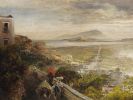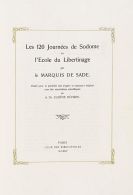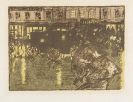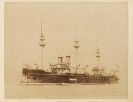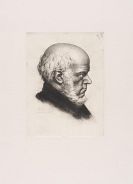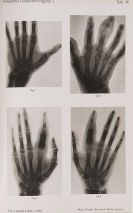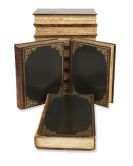
Christopher Dresser
Glasow
1834 -
Mulhouse
1904
Christopher Dresser studied from 1847 to 1854 at the Government School of Design in London, teaching there himself from 1855 until 1868. Christopher Dresser wrote several essays and books on both art and botany. In 1858 the Art Journal printed Dresser's article "Botany as adapted to the Arts and Art-Manufacture". Promoted by Gottfried Semper, who was a colleague of Dresser's at the Government School of Design, Dresser's writings also attracted a great deal of attention in Germany.
In 1860 Christopher Dresser was awarded an honorary doctorate by Jena University, where he and Ernst Haeckel were both studying natural and vegetal forms. Haeckel's Book "Kunstformen der Natur" was published in 1862. Christopher Dresser's interest in botany was definitely influenced to a great extent by the architect and decorator Owen Jones. Rejecting purely imitative reproduction of natural forms in art, Owen Jones advocated the study and adaptation of their structural principles.
Owen must also have inspired Christopher Dresser's interest in non-European art. As an envoy of the South Kensington Museum, Christopher Dresser went to the 1876 World Exhibition in Philadelphia and from there to Japan, where he spent three months. Dresser's familiarity with Japanese culture and art exerted a formative influence on his work as a designer.
Dresser reduced his forms; his stringently geometric 1870s and 1880s designs - especially for metalware - are entirely devoid of the luxuriantly decorative spirit of the Victorian age period. An unconventional thinker, Dresser broke new ground in design. From the outset Dresser designed forms suitable for mass production. Unlike William Morris, for instance, Christopher Dresser could very easily imagine the potential of linking industrial mass production and high-quality designs. In this sense Christopher Dresser might be termed the father of industrial design; he submitted designs for objects of metal, glass and ceramics to more than fifty firms.
Not only were Christopher Dresser's far ahead of their time; the underlying aesthetic was also boldly forward-looking. Many of the metalware Dresser designed between the 1860s and 1880s anticipates 1920s functionalism in many respects.
Would you like to sell a work by Christopher Dresser?
Infos for seller
